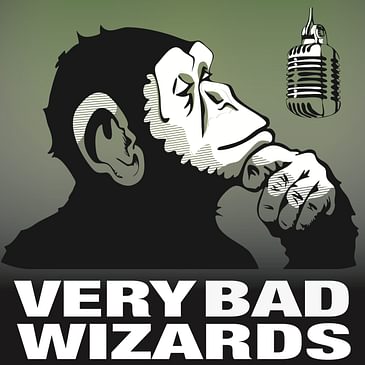David and Tamler choose an episode topic that will define the identity and meaning of the Very Bad Wizards podcast going forward – our top 3 existentialist movies. Plus, you’re gonna be shocked to hear this, you might want to sit down, but there has been surprisingly little research on the metaphysics of puns. We look at a recent paper that remedies this appalling gap in the literature – and maybe the biggest surprise of all, Tamler has some nice things to say about it.
